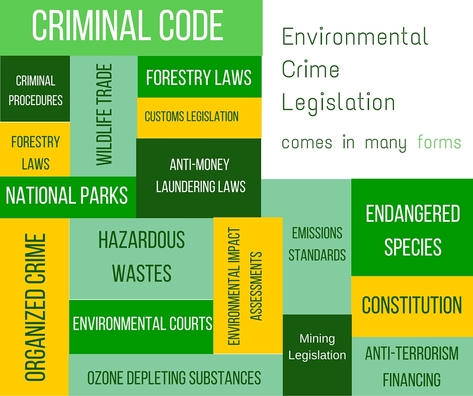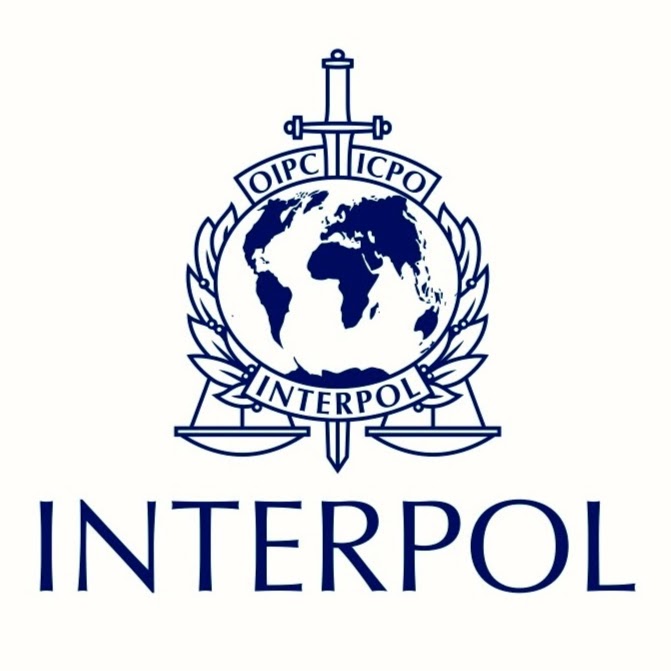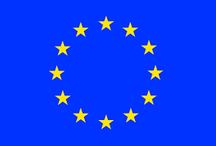This statement, which is not at all trivial given the complex nature of such crime, could be extrapolated to any other type of environmental crime, whether it is the production and trade of ozone depleting substances, the disposal of hazardous waste, or illegal logging. The truth is that grasping the concept and scope of environmental crime can be an overwhelming challenge, with the line between ‘legal’ and ‘criminal’ changing depending on the country; and with both the proceeds and resources themselves (air, water, forests and wildlife) crossing borders, often taking the discussion from the national to the transnational. Defining 'environmental crime' Legal Atlas has recently been engaged by The Global Initiative Against Organised Transnational Crime to develop a comprehensive global database of laws for environmental crime. A team of 16 researchers speaking 9 different languages, Mongolian and Korean among them, are involved in a study that covers 165 different jurisdictions in the world plus 32 international legal instruments. Using a multi-disciplinary approach, the first thing we considered is the fact that environmental crime is an open concept: different entities engaged in the topic have different definitions or uses for the term and this of course has some impact on how they approach the problem.
Finding a Common ThreadWhile not all of the uses of the term ‘environmental crime’ are the same, there seem to be two common approaches to all the definitions we have reviewed:
Based on this finding, and as a foundation for our database work with the Global Initiative, Legal Atlas is using an overarching definition of Environmental Crime that combines the concepts of harm/risk with a violation/infraction of laws as follows: Environmental Crime is any act that is contrary to international or national law and that causes harm or poses a risk of harm to the environment. As definitions, language and structure vary, understanding what constitutes environmental crime in any given jurisdiction is something that cannot be answered by reviewing a few key pieces of legislation or going straight to the criminal code. As the definitions imply, it may be found in everything from constitutional provisions, to criminal codes, to environmental protection laws, organized crime legislation, as well as the criminal penalties that are often included in separate laws for each resource (to name but a few options). Early ResultsBefore beginning this work, we conducted a more in depth case study comparing a few countries and noted that most environmental crime frameworks involve at a minimum Criminal, Environmental, and Natural Resources Law and that penalty types include civil, administrative and criminal. We expect to see this trend play out across all jurisdictions in the world. We are still working on the association of penalty types and levels to crime types, but look forward to describing these relationships in detail when the database is final. As we build this database, we are seeing a wide variety of approaches. In Argentina, for example, the more detailed sections about environmental infractions and penalties are to be found in an array of environmental laws, addressing water, forests, fauna, wastes, and other key areas. In Turkey, however, it is the Environmental Law that carries the most detailed content on environmental crime. Some jurisdictions have Criminal Codes with chapters dedicated to the topic, e.g., Mongolia. And in a few jurisdictions (likely very few), there are entire laws given to the problem, e.g., Brazil. Already, we have noticed that a country’s environmental laws are likely the ones more extensively defining environmental infractions and sanctions, and they are separate from criminal codes. Indeed, with infractions defined as ‘criminal’ being the exception, we are also starting to see a trend in the types and the level of sanctions applied depending on the law used. Typically, the sanctions applied in non-criminal legislation are administrative and civil in nature, being noticeably less stringent than criminal ones. This lack of consistency, stringency, and application was noted in a study conducted by the European Commission and was the impetus for Directive 2008/99/EC on the protection of the environment through criminal law. As one might imagine, there is no similar directive for the rest of the world. What We Hope to Do at Legal AtlasWe’re really just beginning, but these are a few of the things we hope to do with this database - besides providing global access to regularly updated, researched sets of environmental crime laws:
There's a lot more that can be done, but that's another discussion, part of which is answered in our prior post on Legal Intelligence. Depending on the jurisdiction, environmental crime provisions are to be found in many different texts. Knowing where to find the information and understanding what it says is crucial in combatting environmental crime. As complicated as it may seem, it is our vision that navigating through different jurisdictions, different legal systems and different legislative texts does not need to be an impossible task; indeed we cannot afford for it to be. When the applicable legislation is understood, investigations, enforcement and prosecution of this type of crime may be more successful. The process of learning can be a more global one, instead of each jurisdiction repeating similar mistakes. With this comprehensive research, we hope to have facilitated access to environmental crime legislation and contributed to everyone’s ability to develop better strategies for their investigations, and provided the knowledge necessary to undertake comprehensive and coordinated reforms. If you would like to know more, contact us at Legal Atlas or the Global Initiative Against Transnational Organised Crime. About the Author(s):
Maribel Rodriguez, LLM is a Research Associate at Legal Atlas and the author of the Wildlife Trade Blog. She is an environmental lawyer specialized in wildlife trade and has several years of experience in different international organizations such as the Council of Europe and the European Commission. James Wingard, JD is the Co-Founder and Legal Director of Legal Atlas. Legal Atlas and its legal intelligence platform were established in 2011 to support better access and understanding of law on a global scale. Contributor(s): Amir Sokoloski, MPhil (oxon) is a comparative legal researcher at Legal Atlas with experience working on the environment and human rights at many levels.
1 Comment
|
Legal Atlas BlogPosts about law, legal development, and legal intelligence. AuthorsRegular contributors to this blog include the staff and directors at Legal Atlas. Categories
All
Archives |





 RSS Feed
RSS Feed